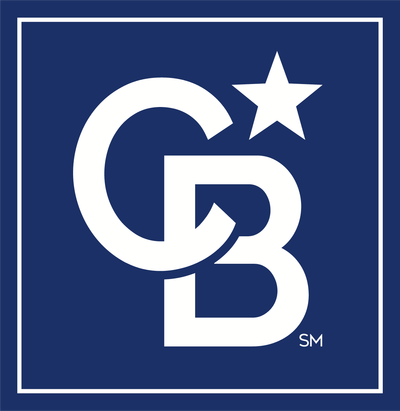Putting Your New Costa Rican Home into the Rental Market
Why Invest in Costa Rica?
As realtors, we see the growing trend towards buying international properties and putting them into the rental market as a way of investing in your future.
For people who have the capital to invest, it's a great way to ensure that when the time comes to retire and put your feet up, you can do so in a cost-effective way.
There is really no way of knowing what property will be worth 5 or 10 years down the road, so by investing now, buyers will definitely save themselves money.
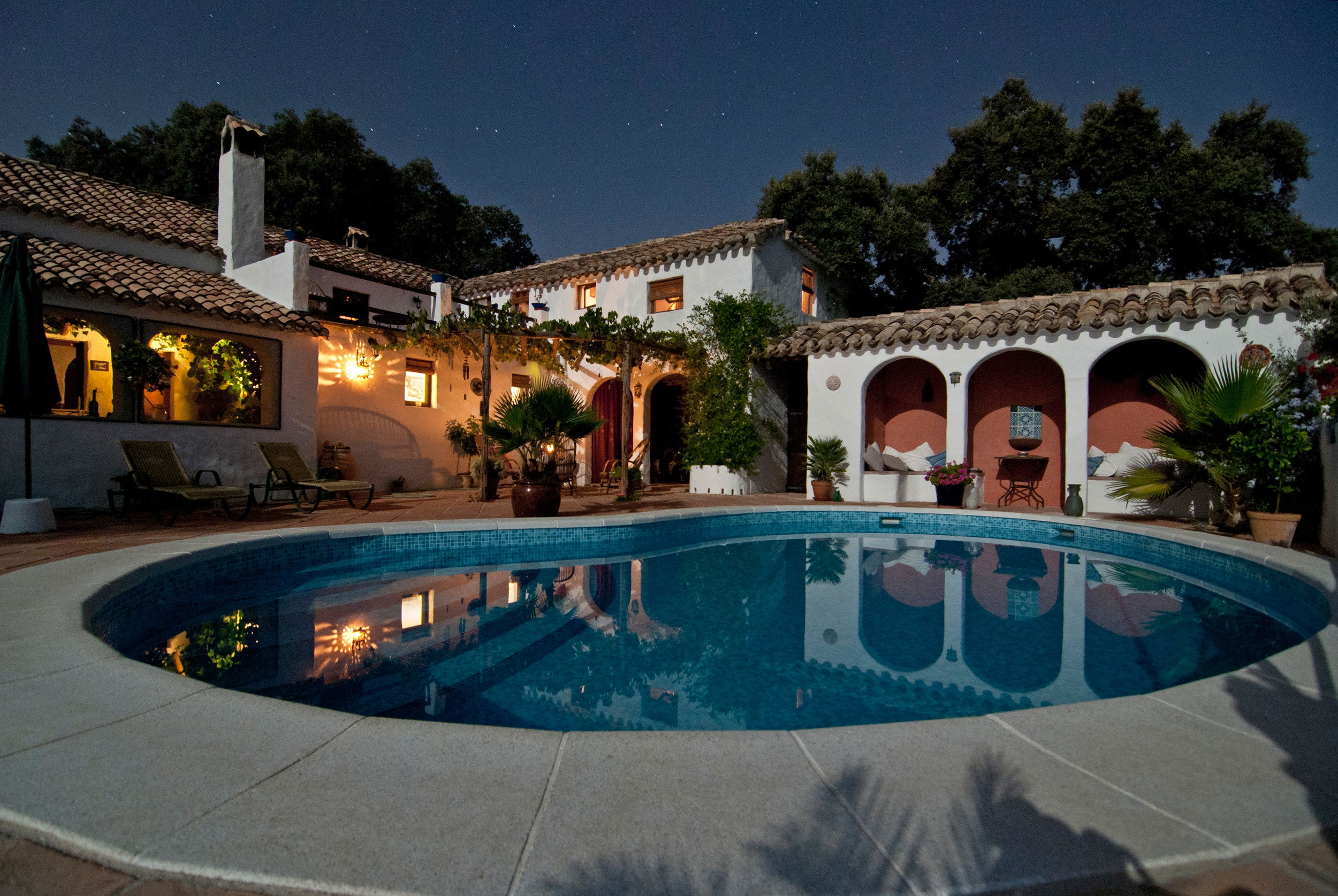
With so many articles in magazines and online singing the praises of Costa Rica as an affordable and safe retirement option, the real estate market is gearing up for another boom, and the tourism market is steadily rising.
As it does, more pre-construction developments get underway, providing a plethora of options for people looking to invest in Costa Rican property.
What Can Rental Owners Expect?
Buying an investment property in Costa Rica is relatively safe and simple, as long as you do so with the help of a reputable realtor and a trusted lawyer.
Property owners, regardless of where they reside, share the same rights and responsibilities, and anyone can buy property here without residency.
The only real restriction on ownership comes from the Maritime Zoning Laws which prohibit anyone from owning the waterfront property within 50 meters of the high tide mark. This was done to ensure public access to all beaches in the country.
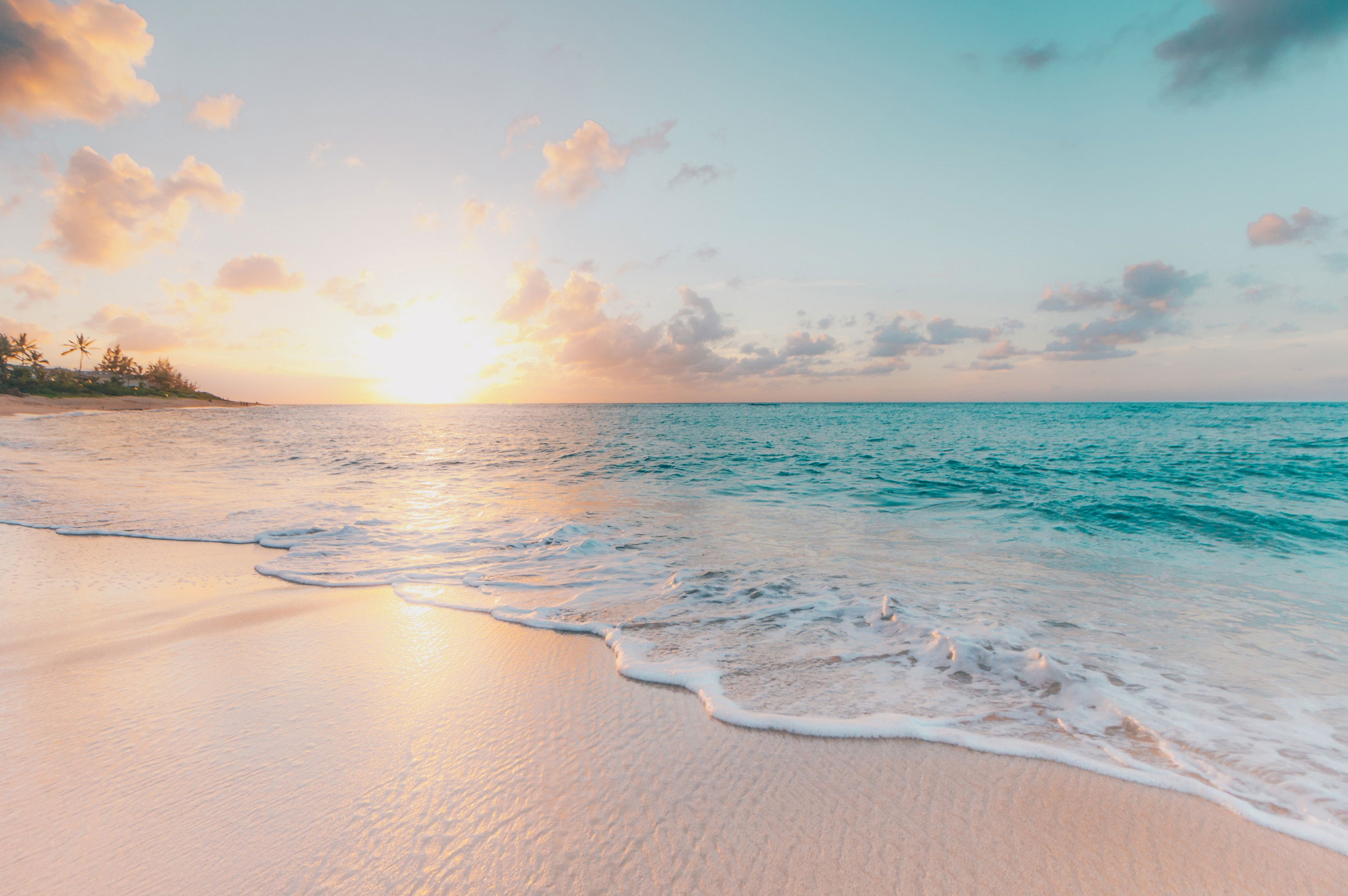
The area from the 50 meter to the 200 meter mark (from high tide) is restricted to local ownership, although non-resident owners can own property in that area through what's known as a concession.
The Costa Rican real estate market is still, for the most part, a cash market. By that, I mean it is easier and cheaper to finance your purchase in your home country and then buy your property using a wire transfer.
In the case of preconstruction, this is often broken down into a deposit that reserves your chosen unit, an initial payment once your contract is signed, and then payments made when the development reaches certain construction milestones, with a final payment made upon closing.
The amount and timing of the payments will differ with individual developers, but one thing is common practice. Payments made by owners is put into an escrow account and is only accessible by the developer once they have reached the milestones I mentioned.
This protects investors, and was put into place after the market crash of 2009.
In the case of resale properties, money are sent in full by wire transfer upon closing.
What Do You Need To Do To Join the Rental Market?
Administration of Your Property
Whether you go with a resale home/condo or a preconstruction home/condo... putting your new property into the rental market requires the same things:
- Someone to manage the listings and care for the property. These people will organize cleaners, do maintenance, respond to client issues, and handle any emergencies like leaky pipes or broken A/C units.
- A lawyer to ensure that the property is free and clear of any encumbrances upon purchase and to legally transfer the title into your name. Once the purchase is complete, they will advise you about how to manage your investment. Quite often they will advise you to put the property into a corporation- which will require annual ownership filings. They will also remind you about things like property taxes, and inform you of any new legislations that require your attention. Corporation Fees are generally $100 a year, and filing these taxes will run you about $150. The government has set the fees on most legal transactions so there are no surprises. Here is a handy link.
- A sales and marketing strategy (AirBNB, Booking.com etc). You can do this part on your own, and many do but it is always recommended to have someone local who can help clients if they have any issues and check on the property from time to time- see #1!
Your Property
Before you sign up and start renting, you need to ensure that:
- your rental is clean and presentable. The nicer the property is, the more it will stand out from other properties, and the higher the rate you will be able to ask.
- you are in contact with the property's security (if in a gated community) and/or have someone available to let guests onto the property.
- the property has everything your clients will need (thing about what you find when you walk into a rental property, you need linens, towels, cooking stuff, plates and utensils, toilet paper, etc, etc.)
Anything that your property has that can set it apart will help you market it, so you may wish do do some freshening up in terms of decor, renovate it, or supply extras....like bicycles or floaties to make your guests' stay more pleasant. happy clients=good ratings and good ratings get more clients.
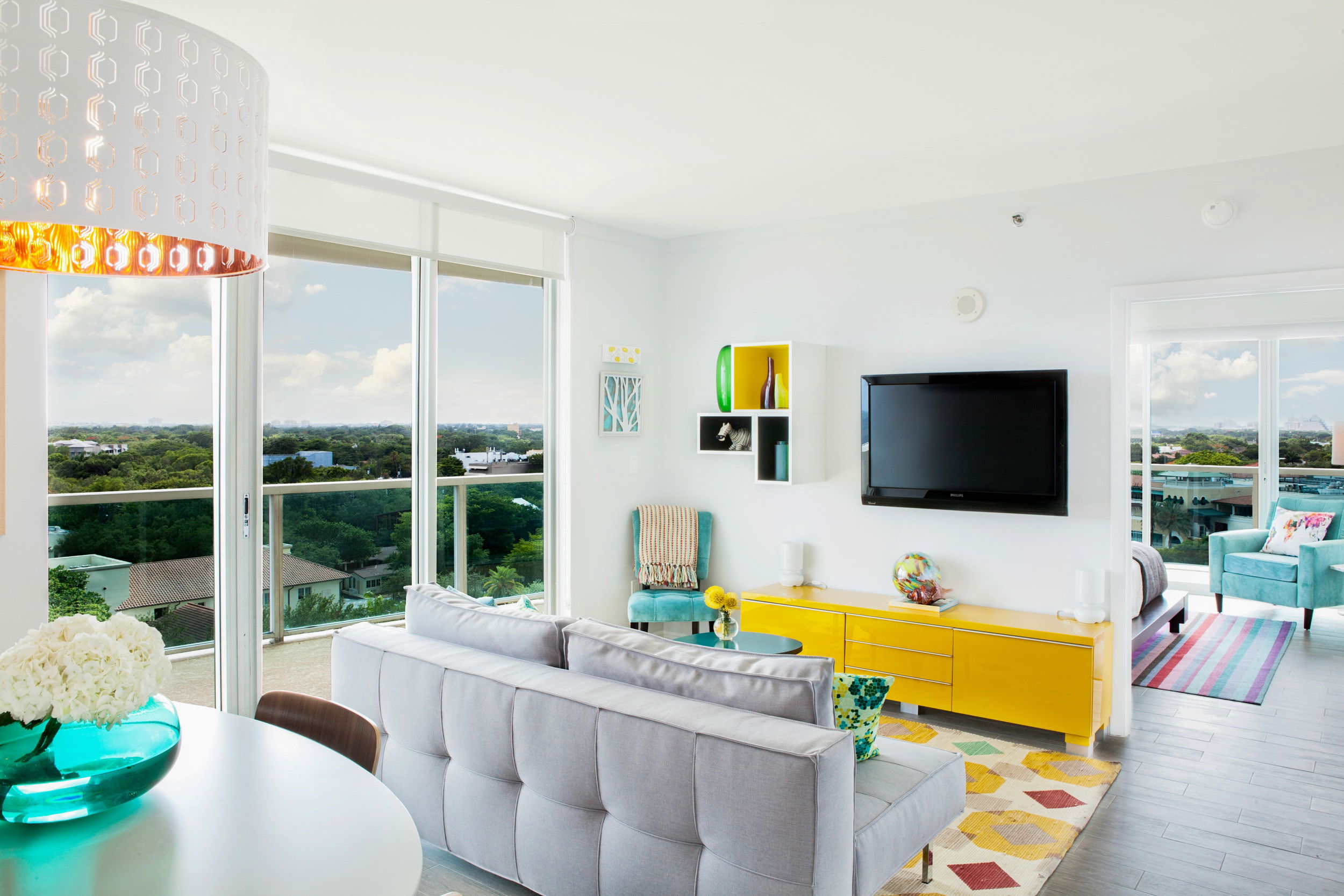
How Do Rental Platforms like AirBNB Work?
While each platform has its own unique rules and regulations, most work on the idea that properties with good ratings will appear higher up on searches, so getting your name out there can take a few months.
Once you start getting those ratings, assuming they are good-you will higher up the list.
These platforms will generally market your property, and collect payment (including taxes and fees), and for this service they will take a percentage of any rental income booked through them.
You can also generate more sales using word-of-mouth, so sharing your rental with friends on social media, and offering previous renters a discount for return visits will also improve your potential income.

Income that you make like this (which isn't booked through a rental property can go directly in your pocket, and thus, save you those fees and taxes. For this you will need a way for your potential clients to pay you.
This can be done through email or wire transfers, or platforms like PayPal. It can also be done in cash through your property manager.
Property Managers
Property managers are your boots-on-the-ground saviors. They are generally local, which means they can visit the property for regular check ups, or to help clients when they can't figure out the A/C or how to use the TV.
Property managers will usually charge you a monthly fee that ranges anywhere from $150-$300 a month as well as a commission for any direct bookings that they find for you.
Their responsibilities include ensuring that the property is clean and ready for clients at all times. They take care of annual maintenance, in the case of gated communities they will liaise with the HOA, and on-site security staff, and pay your HOA, utility, and TV services... the cost of which they will pass on to you.
Any cash sales they get will generally be used towards those bills and you should receive a regular report on your account.
Property managers do not take any responsibility for things like your property taxes, or corporation fees. Things like that should go through your lawyer, and an accountant.
Taxes and Accounting
Property owners are responsible for paying Costa Rican income tax on any monies made on their Costa Rican property. This amount usually comes from a report automatically generated by the booking platform (like AirBNB) which is remitted directly to the Costa Rican version of the IRS.
**This is another reason to rent through word-of-mouth or social media. Monies that are paid to you (usually to your home country bank account) outside of the booking platform will not be included in the amount remitted to the government and is therefore not taxed by Costa Rica.
The tax rate on rental income is on a sliding scale and is up to 15%. Landlords must register with the tax authority, known as the Dirección General de Tributación or DGT, and submit monthly tax returns.

The good news is that rental property expenses are exempted. Exemptions include maintenance, repairs, and property management fees.
This is why it's a good idea to have a local accountant who knows the most up-to-date rules and can keep your account organized and both your income and property taxes paid.
As an FYI, property taxes here are 0.25% of the value of the property.
What Makes a Good Rental Property?
When it comes to choosing an investment property, there are a few things that will make your property more appealing to vacationers, and increase your income.
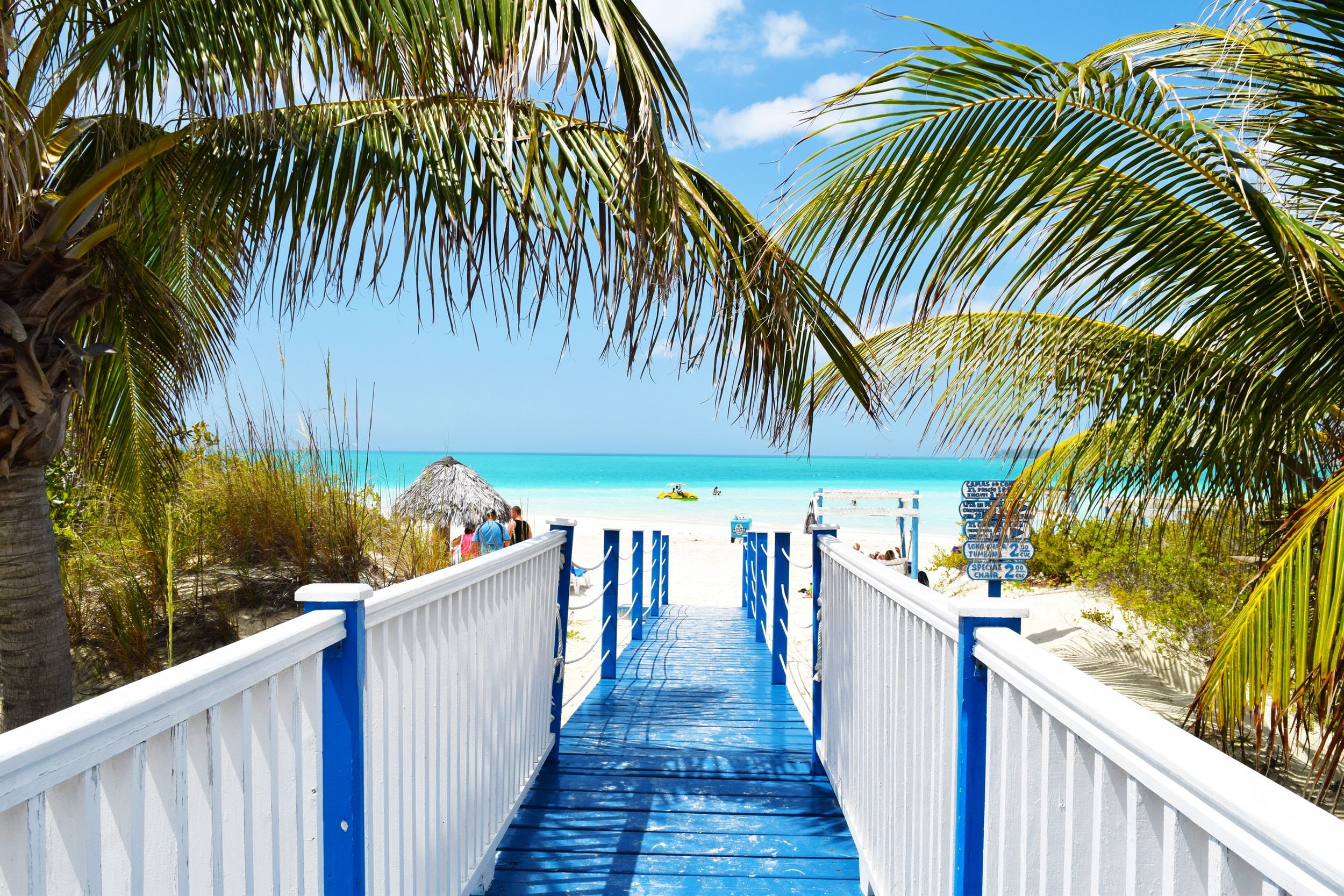
Think about what you look for when you are booking your vacation...
The most popular features for short term renters include:
- location (pick properties near a beach or other tourist destination),
- access to amenities,
- a stylish and comfortable layout,
- space (3+ bedroom properties rent best),
- easy access to restaurants and shopping,
- safety (gated communities and security),
- proximity to the airport
Short-term vs Long-term Rentals
For the most part, we recommend putting your property into short-term rentals rather than becoming a landlord.
Both will bring you an income, but short term rentals will generally get you in one week what a long-term rental will make in a month.
Plus, by using your home as a vacation rental, you won't have to deal with the ins and outs of the landlord-tenant laws.
Many people are tempted to put their homes into long term rental over the off-season so they aren't sitting empty, but in reality, leases are generally 1-3 years minimum here, so by doing that you could end up losing an entire year's rental income.

During the holiday season, weekly rentals can almost triple in price, depending ono where your property is located, so it is often possible to make enough to cover carrying costs for the year just by renting your unit from November to May.
Plus, there are many vacationers who prefer to visit in the low season to avoid the crowds, so you can still get rentals during the off season.
A Final Thought About Rentals
Buying a property and putting it into the rental market is a great way for people to plan ahead for their retirement. When managed properly, your rental can (and should) cover whatever carrying costs you will incur so that, where the time comes to kick your feet up and head south, you won't have to deal with whatever cost increase happens between now and then.
In the meantime, foreign property owners have the right to "check up on" their investment properties. What this means is that you can book yourself a trip a couple of times a year and write that off on your Costa Rican taxes, which -in effect- gives you a free vacation.
Booking platforms offer you the ability to block out time on the calendar so that your property is available for your use whenever you wish.
One last thing to think about. In terms of decor and furnishings... rental properties take a lot of wear and tear. While it's important for the property to look fresh and stylish, with an appealing decor and comfortable furnishings... I personally wouldn't recommend spending a fortune on high end furnishings while the property is in rental.

If you plan to make it your home and live there once you retire, you can always update the furniture at that time.
